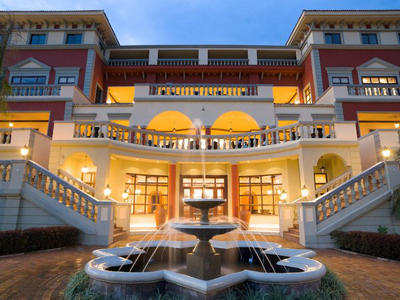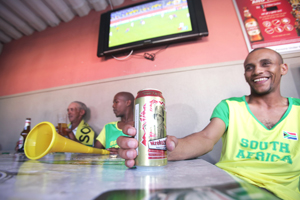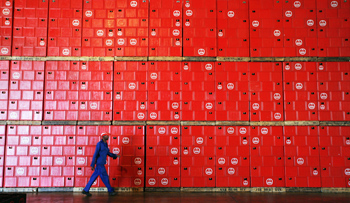Africa
The good news first. In Southern Sudan, an oil-rich break-away republic of 8.5 million people, which still happens to be one of Africa’s conflict hot spots, SABMiller opened a brewery in May 2009 with 180,000 hl of capacity. By the end of 2010, brewery operations will have increased to 350,000 hl.
Africa
As we reported, the battle for Serengeti began to heat up last year when SABMiller succeeded in scuppering Diageo’s courting of Serengeti after securing a London court injunction. Eventually, SABMiller and Diageo settled out of court. But the settlement suggests that the 2002 share exchange between the companies, which translated into a “if you leave my market alone, I will not attack yours”, is becoming increasingly redundant. This is certainly better for Diageo than SABMiller. In the past, SABMiller tried to make headway in Kenya but failed.
Africa
It is apparent that Africa has “Endless Possibilities” and the thirst is not just for the product but also knowledge, skills and expertise. Therefore opportunities are available not only for the brewers and distillers but also suppliers and academia.
Africa
South African regulations prevent a brewer such as SAB from retailing beer and from supplying unlicensed outlets. Still, shebeens – unlicensed taverns – represent a significant part of the market, as sales through the estimated 120,000 of them account for 40 percent of all beer consumed in South Africa.
Africa
As the theme of last year’s successful convention “Sustainable Development” generated so much interested, it will be taken up again in 2011 for an assessment of recent developments and achievements.
Africa
The only official beer for the World Cup 2010 is Anheuser Busch’s Budweiser. Other brewers are not allowed to advertise within the stadium. The FIFA is known to fiercely protect its marketing interests and react rigorously when someone threatens them.
Africa
SABMiller is reportedly investing in fan zones near World Cup stadiums, revamping existing bars in townships and conducting other promotions behind its Castle brand to help hold on to its near 90 percent share of the South African beer market.
Africa
The new brewery will also include a returnable bottle packaging line and warehousing facilities. SABMiller plans to locally produce its Castle and Castle Lite brands.
Africa
The Sedibeng facility is built on an 83 ha site comprising the brewery, a production plant and a warehouse managed by Brandhouse. The brewery is expected to produce 4 million hl by September, and eventually up to 6 million hl.
Africa
SAB, through a series of initiatives for its Castle brand, will try to rally South Africans to get behind their national team in the run up to the tournament and beyond.



